Overview
Established in 2004, the School of Architecture has continually explored distinctive pathways for academic and professional development while strengthening international exchanges and collaborations, forming a unique and dynamic talent cultivation system. In recent years, it has strengthened international exchanges and collaborations while responding proactively to emerging trends in urban regeneration and the AI-driven transformation of the architectural profession. Guided by the core philosophy of “internationalization, digital intelligence, and practical innovation,” the school is committed to cultivating architectural talents who meet the needs of future societal development.
The department aims to nurture well-rounded professionals with broad foundations in the humanities, sciences, engineering, and the arts; equipped with global vision and digital literacy; proficient in architectural theory as well as design and planning methodologies; and capable of extending their knowledge into related disciplines. With strong aesthetic sensitivity, interdisciplinary competence, and the abilities for innovation, practical problem-solving, and lifelong learning, graduates are prepared to become versatile architectural designers and managers.
Talent cultivation at the School of Architecture emphasizes differentiated training and individualized instruction. Undergraduate specialized courses are delivered in small-class formats, ensuring focused guidance and high-quality teaching. For senior students, the school implements a studio-based mentorship system. Under this model, students enter professional studios (mentor groups) through a two-way selection process, choosing mentors and studio directions that best match their strengths and long-term career goals.
The department places particular emphasis on practical training. It actively introduces dual-qualified faculty and industry practitioners, adopts real-site project briefs, and simulates professional working environments to ensure students gain hands-on experience that closely mirrors real-world practice. Each student in the studio is provided with an individual workstation, comparable to those found in architectural design firms, creating an excellent environment for learning and creative development. In 2025, the undergraduate postgraduate admission rate (including overseas study) reached 28%, and the School’s overall employment rate reached 84.1%.
Majors
Faculty
In recent years, the department has recruited a number of highly qualified faculty members with academic backgrounds from leading international and domestic universities, including full professors with doctoral degrees from overseas institutions and Ph.D. holders from Tsinghua University. Currently, over 30% of the faculty have international study experience, and more than 60% are dual-qualified with both academic and professional credentials. Several faculty members hold national first-class architect and registered urban planner licenses.The department features a young and dynamic teaching team, with an average age of 36 and a high faculty-to-student ratio of 1:22. In addition, a number of distinguished architects and planners with extensive professional experience from China and abroad have been appointed as adjunct professors, further strengthening the department’s academic and professional capacity.
In recent years, the Department of Architecture has also achieved notable research outcomes. Over the past three years, faculty members have published more than 30 academic papers, including 1 indexed in SCI and 1 in SSCI; applied for nearly ten patents; published or co-edited three academic monographs; and undertaken four city- or provincial-level research projects. The department continues to expand its research impact through interdisciplinary exploration and collaboration.
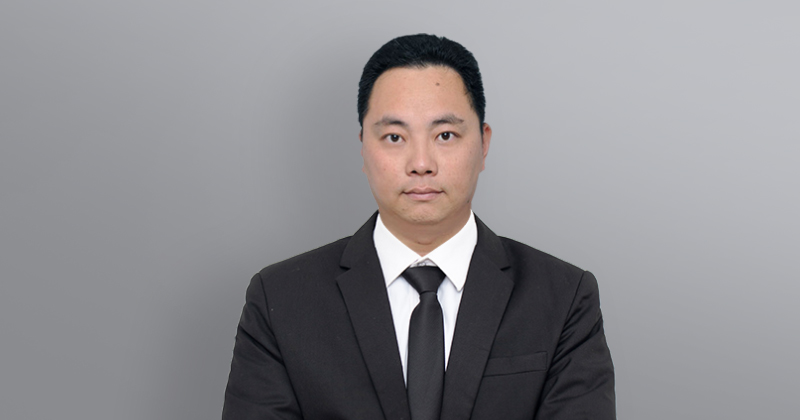
Bin Chen
Head of Department – Architecture
Associate Professor, Senior Engineer Master of Architecture, Qingdao University of Technology Bachelor of Architecture, Shandong University of Science and Technology National First-Class Registered Architect National First-Class Registered Fire Protection Engineer Former architect and project leader at the Class-A Design Institute of Hisense Group. Professor Chen possesses extensive experience in architectural design and project management, integrating professional practice with academic teaching and research.

Wenwen Sun
Head of Department – Urban-Rural Planning and Landscape Studies
Associate Professor, Secretary of the CPC Faculty Committee Head of Urban and Rural Planning Studio Member of the University Academic Committee Volunteer Community Planner, Qingdao Professor Sun has led and participated in multiple research projects and academic teams, winning the Second Prize of the Shandong Provincial Art Education Research Award. She has been recognized multiple times as an Excellent Teacher and Outstanding Teaching Director, and has guided students to win numerous national and international design awards.

Qianqian Zhang
Deputy Head of Department – Architecture
Intermediate Engineer, Year-1 Undergraduate Coordinator Master of Architecture, Bauhaus University Weimar, Germany Bachelor of Architecture, Beijing Jiaotong University Previously worked at Qingdao Tengyuan Design Co., Ltd. as an architectural designer. Her research focuses on architectural design methodology and education. She has published several academic papers and guided student works that have received awards in both domestic and international competitions.
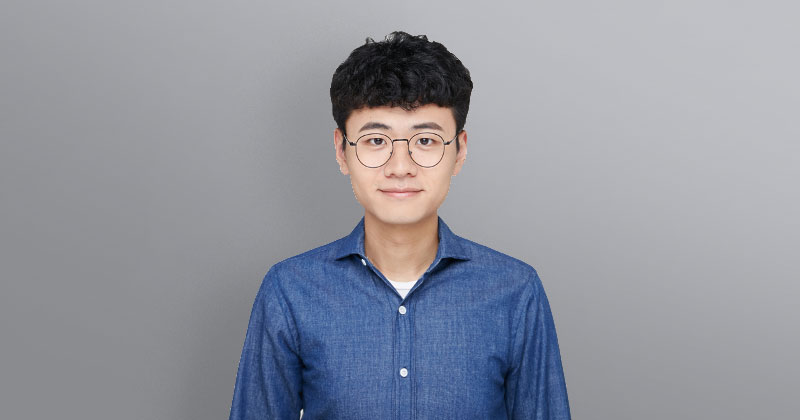
Yuanzhao Liu
Faculty, Department of Architecture
Ph.D. in Architecture, Pusan National University, South Korea M.Sc. (Dual Degree) in Architecture, Pusan National University, South Korea / Kyushu University, Japan B.Sc., Qingdao University of Technology / Konyang University, South Korea Liu is a member of the Korean Institute of Architects. He has published six international academic papers and participated in eight international conferences, contributing to multiple academic and research projects funded by the Korean Ministry of Education and the City of Busan during his graduate studies.

Jiaqi Zhao
Faculty, Department of Architecture
Postdoctoral Researcher, Urban Culture Institute, Wonkwang University, South Korea Ph.D. in Urban Planning and Design, Wonkwang University, South Korea M.Sc. in Urban Planning and Design, Wonkwang University, South Korea Zhao has served as a special-appointed lecturer at Wonkwang University’s School of Urban Engineering. She has published multiple academic papers, participated in numerous international conferences, and received awards for best publications. She has also been involved in several national and provincial/municipal research projects in South Korea.

Xiaoshu Ma
Director of the Architectural Design Teaching and Research Office
Associate Professor, National First-Class Registered Architect Master of Architecture, Qingdao University of Technology Bachelor of Architecture, Shenyang Jianzhu University Specializing in architectural design fundamentals and theory, Professor Ma combines rich professional experience with academic research. She has received the First Prize of the Provincial Excellent Engineering Design Award and the First Prize of the Municipal Urban-Rural Construction Committee Design Award, and has been honored as an Excellent Teacher and Outstanding Graduation Project Supervisor multiple times.
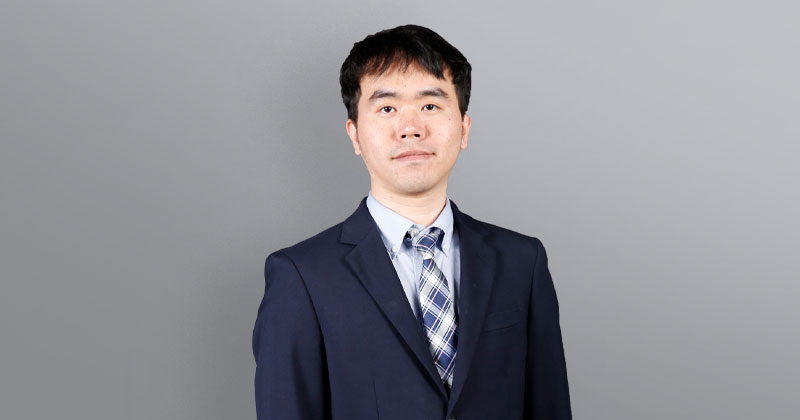
Congying Fang
Faculty, Department of Architecture
Ph.D. in Architecture, Kumamoto University, Japan (Chinese Government Scholarship) M.Sc. in Civil and Architectural Engineering, Kumamoto University, Japan B.A. in Human Geography and Urban-Rural Planning, Zhejiang Gongshang University Fang has published seven academic journal papers as first or corresponding author, including Cities (CAS Q1), Journal of Transport Geography (CAS Q2), Journal of Outdoor Recreation and Tourism, and Journal of Asian Architecture and Building Engineering. She has presented her research at the 58th ISOCARP World Planning Congress and the 2023 International Conference on Spatial Planning and Sustainable Development. He also serves as a reviewer for journals such as Urban Forestry & Urban Greening and Environment and Planning B: Urban Analytics and City Science.
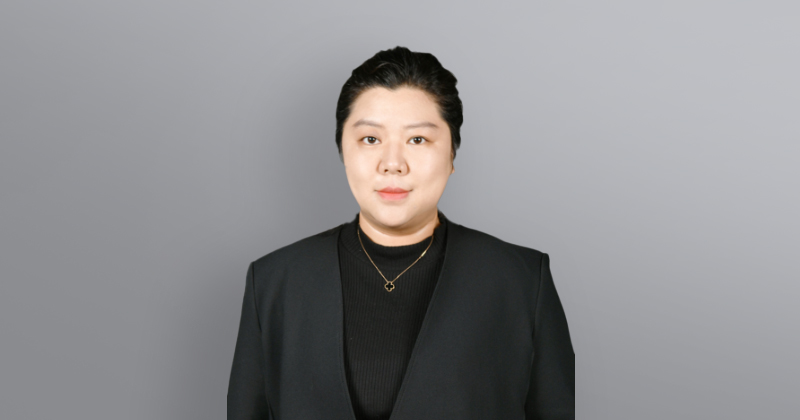
Weixi Lin
Faculty, Urban-Rural Planning Program, Department of Architecture
M.Sc. in Urban Planning, Cardiff University, UK B.A. in Arts, China Academy of Art Lin supervises fourth-year undergraduate students in urban planning. She previously worked as an urban planning engineer at Qingdao Beiyang Architectural Design Co., Ltd. Her research paper, “A Brief Analysis of Community Planning Methods Based on Social Capital Theory” (2019), won Third Prize in the Shandong Provincial Urban Planning Paper Competition. She has led or contributed to multiple award-winning urban planning projects in Qingdao, including: 2020 Weifang Coastal International Exhibition Park – First Prize, Excellent Urban-Rural Planning Design, Qingdao 2020 Zhaoyuan Coastal Protection Plan – First Prize, Excellent Urban-Rural Planning, Qingdao 2020 Laoshan Dongmai Village Revitalization Project – First Prize, Excellent Urban-Rural Planning, Qingdao 2020 Libo Southern New Town High-Speed Rail Cluster Urban Design – Second Prize, Excellent Urban-Rural Planning Design, Qingdao 2021 Xinjiang Alashankou Comprehensive Bonded Zone Cross-Border E-Commerce Industrial Park Detailed Planning – Second Prize, Excellent Urban-Rural Planning Design, Qingdao
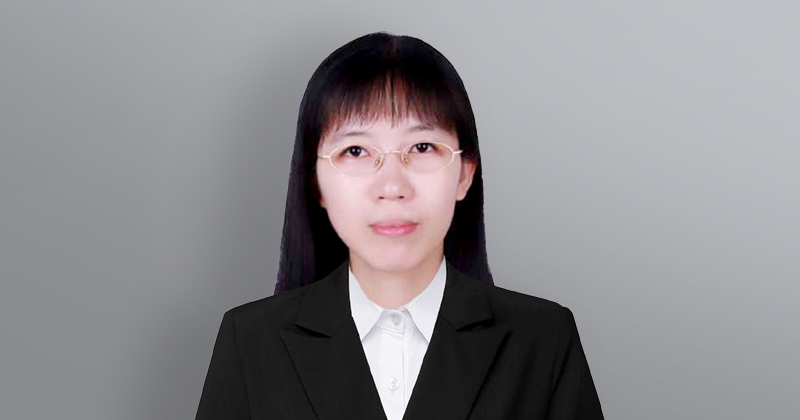
Miao Wang
Faculty, Architecture Program, Department of Architecture
M.Sc. in Architecture, Technische Universität Braunschweig, Germany B.Sc. in Architecture, Anhalt University of Applied Sciences, Germany Wang supervises second-year undergraduate architecture students, specializing in green building technologies. She has led and participated in two research projects, contributed to a research team, and guided students to win multiple provincial and national awards. She has also led a teaching research project and received four teaching excellence awards.

Kouxia Xu
Faculty, Urban-Rural Planning Program, Department of Architecture
Senior Engineer M.Sc. in Architecture, Qingdao University of Technology B.Sc. in Urban Planning, Shandong University of Science and Technology Xu supervises third-year undergraduate students in urban planning. She previously worked as a planning consultant at Shenzhen Zhonghai Century Architectural Design Co., Qingdao Branch, bringing professional industry experience into teaching and studio projects.

Yuqian Dong
Faculty, Urban-Rural Planning Program, Department of Architecture
M.Sc. in Urban Planning, University of Glasgow, UK B.Sc. in Urban Planning, Beijing University of Civil Engineering and Architecture Dong supervises second-year undergraduate students and focuses her research on cultural planning and shrinking cities, exploring strategies for optimizing cultural resources and sustainable urban development in the context of population decline. Her work covers cultural policy, spatial restructuring, and community engagement, aiming to enhance urban resilience and social integration through culture-driven approaches.
Teaching Features
Undergraduate courses are conducted in small classes. For senior students, the department implements a studio-based mentorship system, in which students join professional studios under the guidance of faculty mentors. Students select studios based on their individual strengths, aptitudes, and career aspirations through a mutual selection process. This approach highlights the department’s educational philosophy of integrating industry and education, differentiated and personalized training, leveraging individual strengths, and promoting diverse development.
Facilities
The Department of Architecture is equipped with modern specialized classrooms with air conditioning and multimedia facilities, multimedia classrooms, design critique studios, art studios, professional computer labs, model exhibition halls, and specialized reading rooms, providing excellent teaching and experimental conditions. The department has also established long-term partnerships with well-known design institutes as “industry internship bases,” fostering ongoing school-industry collaboration in talent cultivation.
Laboratories include: Architectural Model Laboratory, Carpentry and Construction Laboratory, Masonry and Concrete Laboratory, BIM Laboratory, 3D Printing Laboratory, and Building Physics Laboratory. All labs are fully equipped with necessary instruments and safety facilities to support teaching and research.
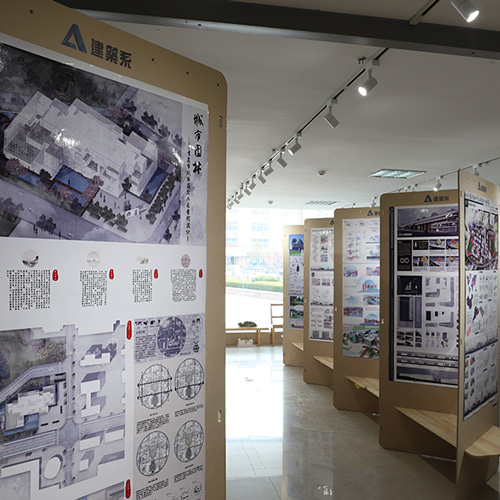
Graduates Development
Our graduates have consistently demonstrated strong employment performance, securing positions in first-tier cities like Beijing, Shanghai, Guangzhou, and Shenzhen, as well as in architectural design firms and urban management departments across various regions. A portion of graduates also choose to pursue further studies, with a postgraduate admission rate of 28% in 2025. In future, the department aims to leverage its strong overseas resources to provide students with more opportunities, guidance, and support for international study and advanced education.
Wuhan University, China University of Mining and Technology, Central Academy of Fine Arts, Dalian University of Technology, Beijing University of Civil Engineering and Architecture, Xi'an University of Architecture and Technology, Northeast Forestry University
Representative employers of graduates (selected):Qingdao Tengyuan Design Office Co., Ltd.; Qingdao Beiyang Architectural Design Co., Ltd.; Yiyuan County Housing and Urban-Rural Construction Bureau, Zibo City, Shandong Province; Jiaozhou City Planning Technology Service Center, Shandong Province; and UA--Shanghai You An Architectural Design Co., Ltd.